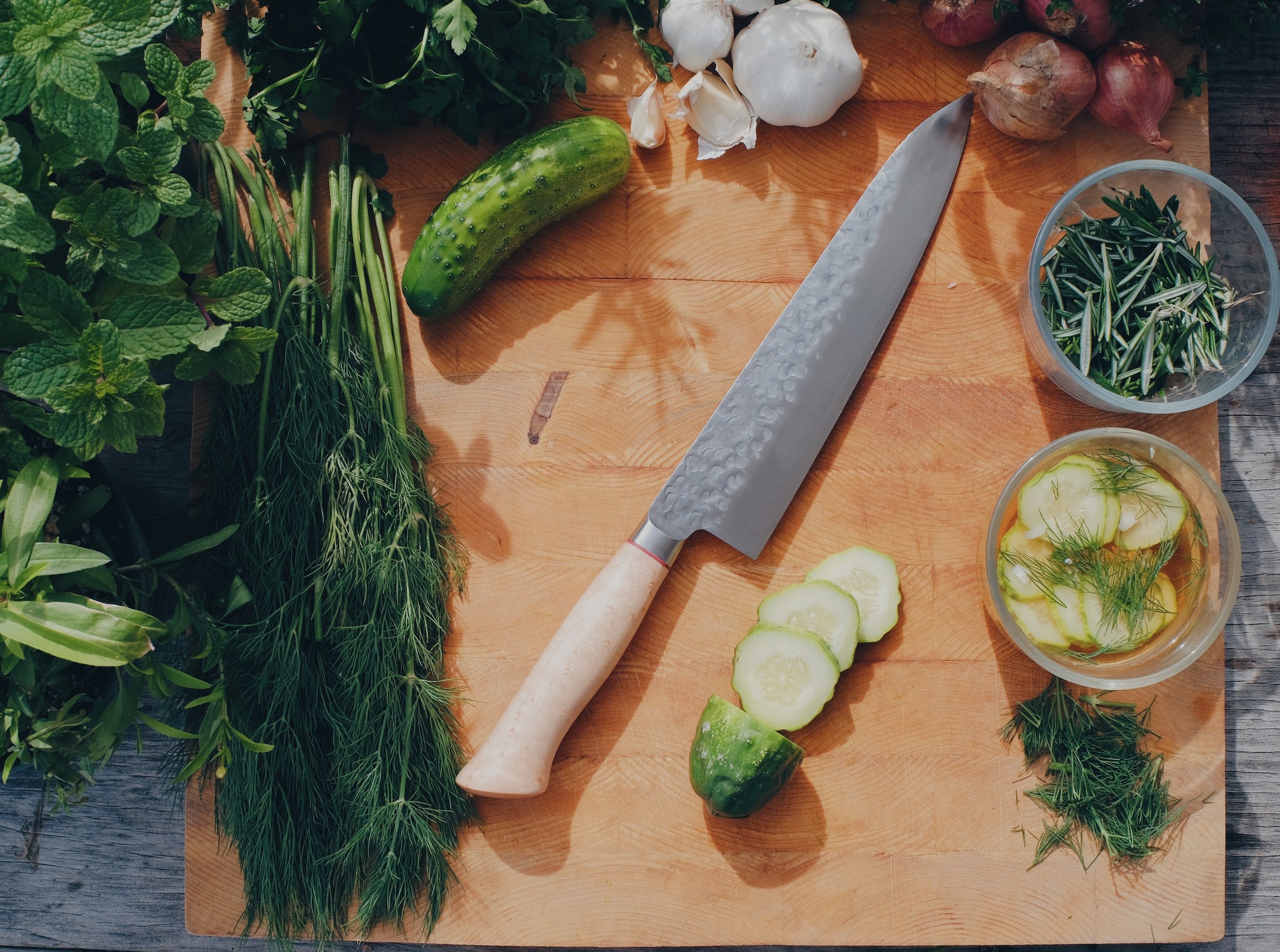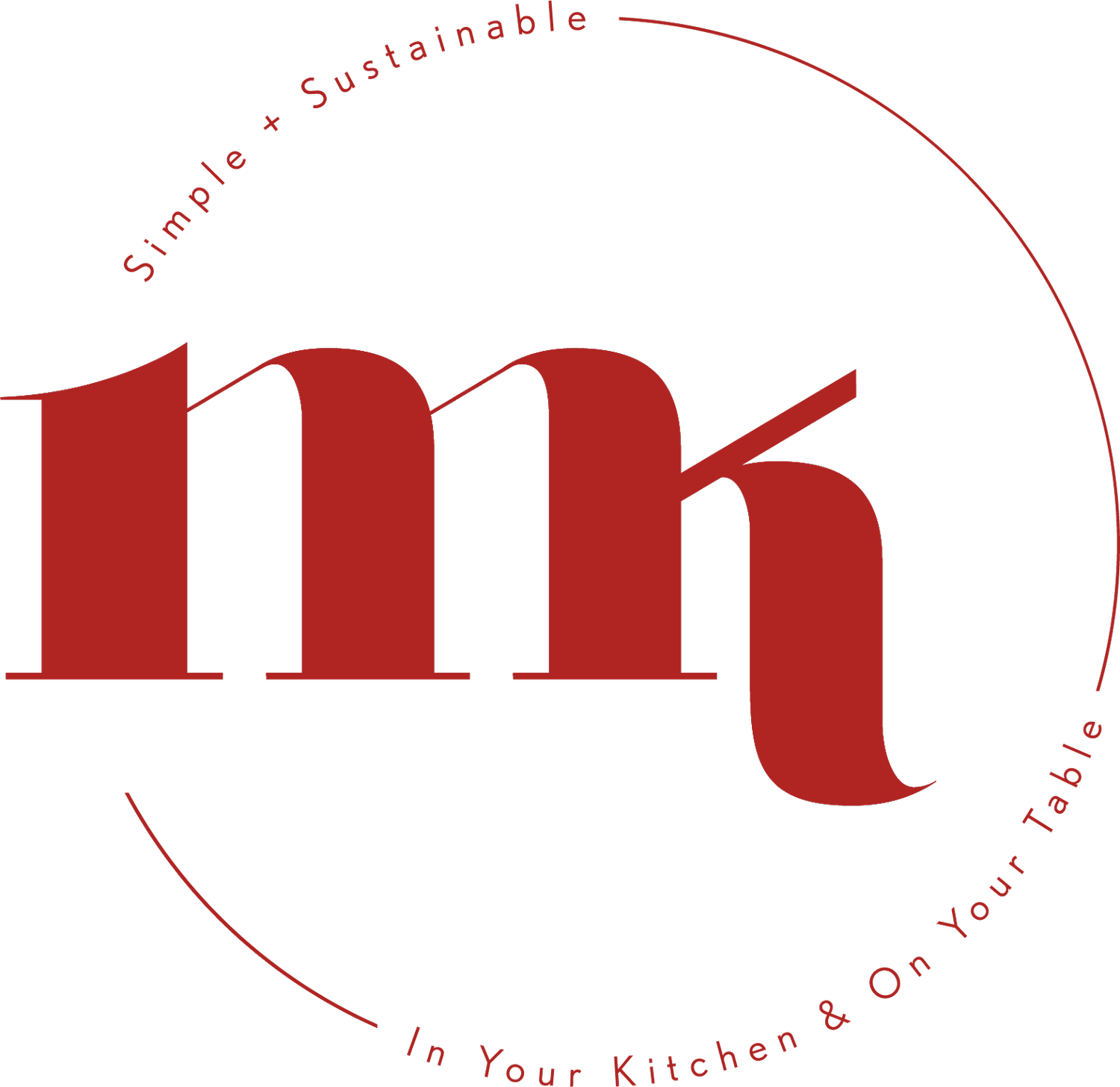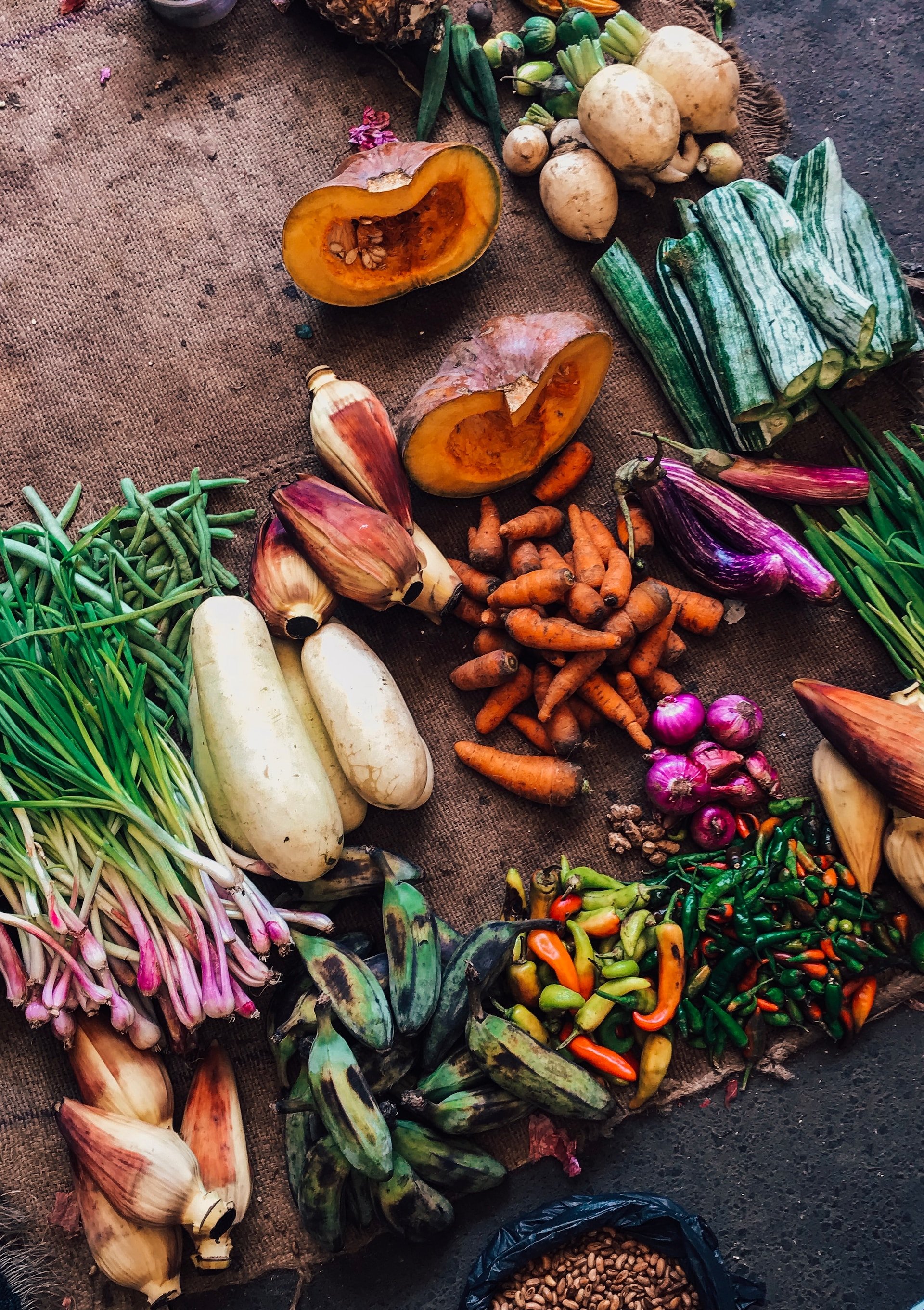
Composting is not complicated and everyone should do it.
Yes, everyone, even if you live in an apartment without a single living plant.
Fun Facts About Composting
What is composting? Composting takes all organic matter… food, scraps, anything that can decompose, and breaks it back down into soil again. Think re-homed food. Compost is a particularly rich type of soil and organic matter that is extra-concentrated and rich with microbes and nourishment for growing plants.
Surprising organic materials we should all start composting now—Paper towels and any compostable paper product. Think cardboard: If it’s a box, paper towel or toilet paper roll, any non-coated cardboard, like a pizza box, compost it! Wine corks, yup true corks, not plastic ones. Also, wondering about eggshells? They are a yes!
Reasons why you should start composting today: Composting makes you a more efficient cook. Makes your trash smell better, your landfill lighter and your carbon footprint smaller. Think about being part of the food cycle. When you give food back to the Earth through composting, you’re becoming a contributor, not just a consumer.
The best way for the vast majority of people to compost at home is to have someone else do it for them. Meaning, if you live in a city or an urban environment, reach out to your local municipal or composting service and find out who provides a compost pick-up or where you can drop-off in your area.

Food waste is not waste, it's food for mother nature.
Lomi makes your family's food waste disappear at the push of a button
Odor-free, pest free, mess-free. This is the solution to your everyday food waste problem.
Lomi allows you to turn your food waste into plant-ready nutrients in under 24 hours.
Fits in any kitchen, big or small.
No more food waste rotting in your bin & more importantly no more food waste rotting in our landfills.
Lomi reduces your carbon footprint by up to 127%.
Composting FAQ’s
-
Compost is organic material that can be added to soil to help plants grow. Food scraps and yard waste together currently make up more than 30% of what we throw away, and could be composted instead.
Think re-homed food. Compost is a particularly rich type of soil and organic matter that is extra-concentrated and rich with microbes and nourishment for growing things.
-
Short Answer: Composting takes all organic matter… food, scraps, anything that can decompose, and breaks it back down into soil again.
Technical Terms: Composting is a microbial process that converts plant materials such as food scraps and yard waste into a more usable organic soil amendment or mulch. Gardeners have used compost for centuries to increase soil organic matter, improve soil physical properties, and supply some of the essential nutrients for plant growth..
-
Tried and true food items we should all start composting now.
Vegetable scraps & peels
Fruit scraps, peels, & pits
Rotting or moldy produce
Tea leaves & coffee grounds
Eggshells
Meat, poultry & fish scraps
Bread
Stale crackers & cereal
Cooked, plain pasta & rice
Cooked beans
Tofu, Seaweed, kelp, & nori
Nutshells
*not walnut shells
-
Surprising organic materials we should all start composting now.
Used paper towels: Paper towels & any compostable paper product.
Cardboard: If it’s a box, paper towel, or toilet paper roll, any non-coated cardboard. Think pizza box, compost!
Coffee grounds & paper coffee filters: Another paper product. Dump it & the coffee grounds into your compost bin.
Wine corks: True corks, not plastic ones.
Houseplant trimmings: They are organic matter, so throw them in!
Crumbs from your kitchen: All that stuff you sweep off your counters & your floors.
-
The best way for the vast majority of people to compost at home is to have someone else do it for them. Meaning, reach out to your local composting service and find out who provides compost pick-up or where to drop-off in your area.
-
Here's How to Find the Best Compost Service in Your Area:
Your Municipal Government— A Google search will provide you with your city or town’s government contact. Explain that you’re an in-home composter, and ask if the city offers compost pick-up. Not all cities or towns provide this service. If your area offers compost pick-up, they will provide you with all needed information, protocol and requirements for safe compost removal.
Your Local Trash Removal Service— Not all municipal governments manage trash removal. Most commonly in these cases, an independent company picks up your trash and recycling. While composting is becoming more popular and enforced, it’s not usually popular enough to be offered as part of a basic service. Contact your removal service and ask if you can add a compost pick-up option. Some companies now offer compost pick-up with a receptacle for a small fee. For those living in an apartment or condo, your building’s landlord or super will have the contact details for your provider.
Your Local Farmers Market— If you have a local farmers market inquire about compost drop-off. The bigger the market, the more likely you will find someone who does compost drop-off, and more often than not, you can drop off those scraps without paying a fee.
A Friendly Farmer— You can always reach out to a local farmer, ask the folks who run a CSA (community-supported agriculture), or a neighbor who loves to garden and grow fruits and vegetables. When donating compost to a farm or individual gardener, you want to create as little work as possible for them. Ask how they’d like the compost to be delivered, with what frequency, and if they have any specific dos and don’ts.
-
Here are the top 3 Reasons why you should compost!
1.) Composting makes you a more efficient cook.
2.) Makes your trash smell better, your landfill lighter and your carbon footprint smaller.
3.) It makes you part of the food cycle. When you give food back to the earth through composting, you’re becoming a contributor to the cycle, not just a consumer.
-
Shop your refrigerator and pantry so food does not go to waste, shopping needs are reduced and you don’t over buy.
Plan a leftovers night and incorporate your leftovers into your weekly meal plan.
Befriend your freezer. Freeze your extra food such as vegetables, side dishes & meat.








